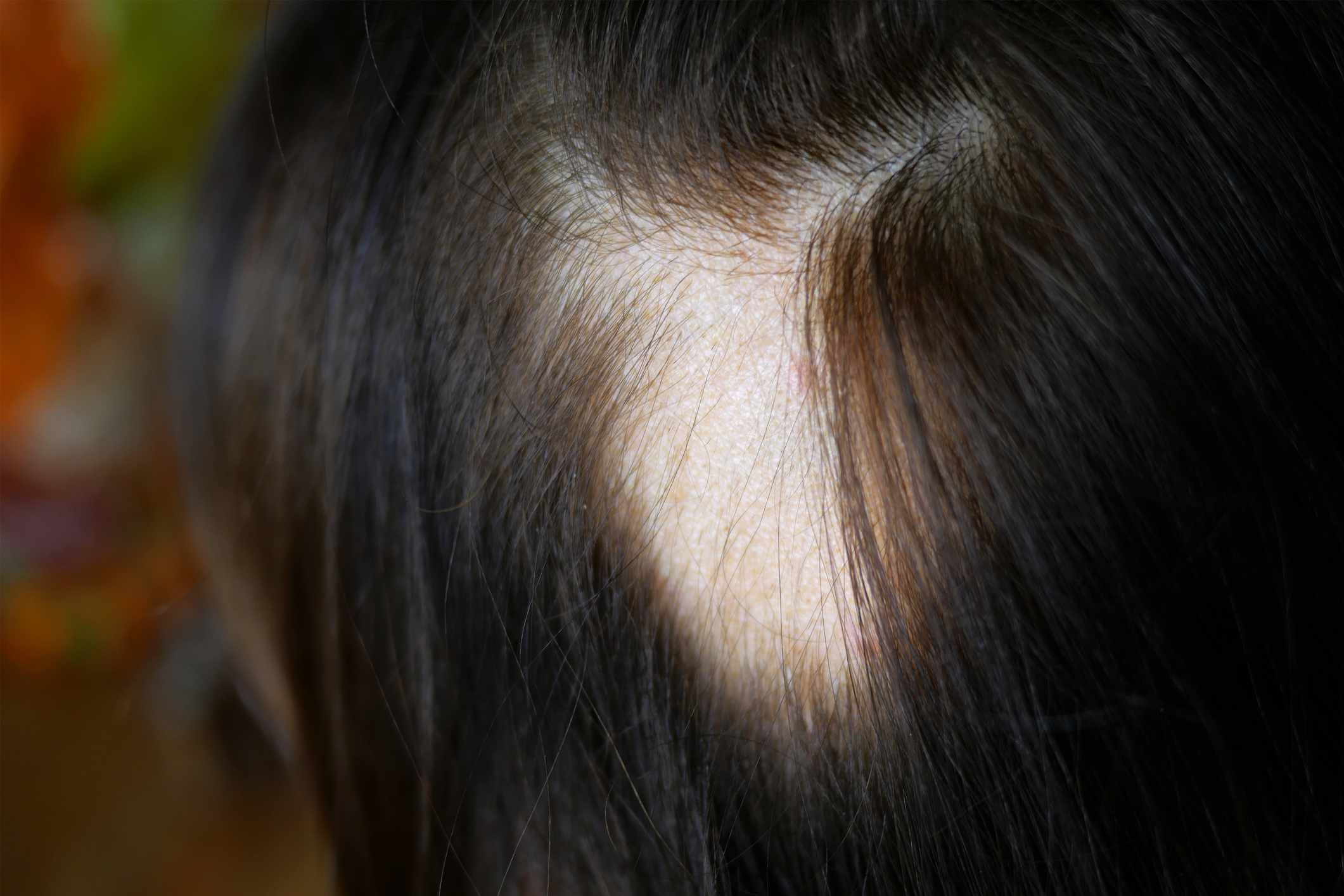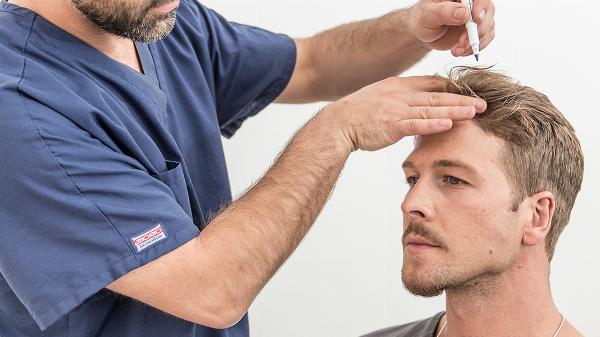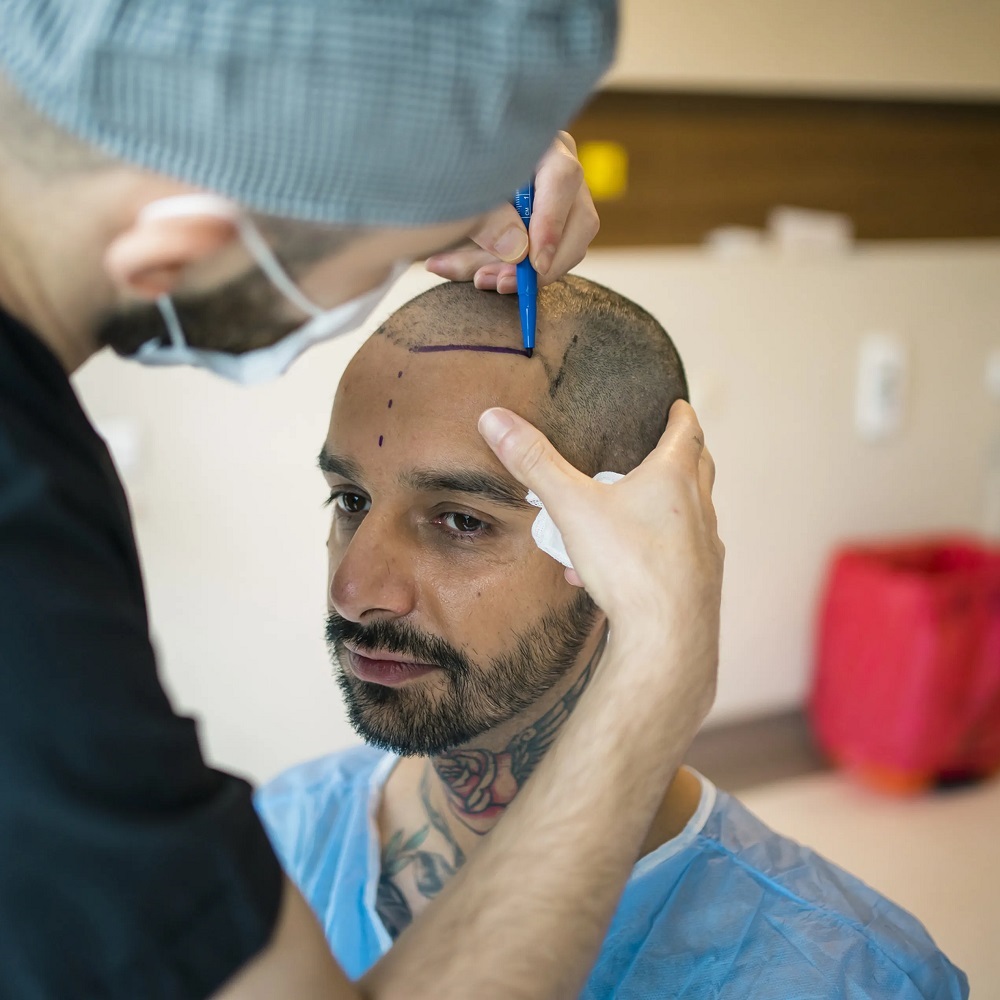Finasteride: What Makes It Work for Hair Loss?

Strong 8k brings an ultra-HD IPTV experience to your living room and your pocket.
Hair loss is a common condition that affects millions of people worldwide, influencing not only physical appearance but also self-esteem. Among the most effective and well-researched treatments available today is Finasteride For Hair Loss Dubai, a medication commonly prescribed for male pattern baldness. But what exactly makes Finasteride work for hair loss? This article will explore the science behind it, its benefits, potential side effects, and considerations to help you understand how this treatment can impact hair growth.
✍️ For women facing postpartum or hormonal hair loss, our specialized resource on hair treatments outlines safe, effective options that restore confidence and density.
What Is Finasteride?
Finasteride is an oral medication that was initially developed to treat an enlarged prostate, a condition known as benign prostatic hyperplasia (BPH). However, during clinical trials, researchers found an unexpected benefit: it also helped prevent hair loss. This discovery led to its approval as a treatment for male pattern baldness, which is also known as androgenetic alopecia.
The Mechanism of Action:
The key to understanding how Finasteride works lies in its ability to inhibit the enzyme 5-alpha-reductase. This enzyme plays a crucial role in converting testosterone into its more potent form, dihydrotestosterone (DHT). DHT is a hormone that binds to receptors in hair follicles and can lead to their miniaturization, causing hair loss over time.
By blocking the activity of 5-alpha-reductase, Finasteride effectively lowers DHT levels in the scalp. This reduction helps prevent the shrinkage of hair follicles and can even promote the growth of new, thicker hair. It is estimated that Finasteride reduces DHT levels by up to 70% when taken consistently, leading to a significant decrease in hair loss and, in many cases, hair regrowth.
Why Does Finasteride Work for Hair Loss?
DHT Reduction: DHT is considered the primary culprit in male pattern baldness. The hormone binds to androgen receptors in hair follicles and triggers a process known as follicular miniaturization, where the follicles gradually shrink, producing thinner and weaker hair until they stop growing hair altogether. By reducing DHT levels, Finasteride helps keep hair follicles in a healthier state, allowing them to produce thicker, stronger hair.
Improved Hair Density: Clinical studies have demonstrated that Finasteride can improve hair density and slow the progression of hair loss. Most men who take Finasteride see a noticeable reduction in hair shedding and some level of hair regrowth, particularly on the crown and mid-scalp regions.
Long-Term Effects: The effects of Finasteride are not immediate. It usually takes three to six months to see visible improvements in hair growth, with peak results typically appearing after 12 months or more of treatment. Consistent use is necessary to maintain the benefits, as discontinuing treatment can lead to a return of hair loss within a few months.
Clinical Evidence and Studies:
Several studies have underscored the effectiveness of Finasteride as a treatment for hair loss:
A 5-Year Study: One landmark study followed men taking Finasteride for five years and found that 65% of participants experienced increased hair growth, while 83% reported no further hair loss. This is a significant result compared to the placebo group, where only 28% reported improved hair growth.
Comparative Studies: Finasteride has been compared to other hair loss treatments, including minoxidil (a topical solution). While minoxidil is effective for many, Finasteride’s unique mechanism of action that targets DHT offers a complementary approach. Some patients find a combination of both medications provides the most comprehensive results.
Potential Side Effects:
Although Finasteride has proven effective for many users, it’s important to consider potential side effects:
Sexual Side Effects: One of the most discussed concerns regarding Finasteride is its potential impact on sexual function. Some men report a decrease in libido, erectile dysfunction, or a reduction in semen volume. While these side effects are relatively rare and often reversible, they can be a deterrent for some patients.
Psychological Effects: There have been anecdotal reports of mood changes, depression, or anxiety associated with Finasteride use. However, clinical studies have not consistently shown a direct link between Finasteride and significant psychological effects.
Long-Term Risks: While Finasteride is considered safe for most people when used as directed, there is ongoing debate about its long-term safety. Concerns about the potential for persistent side effects (sometimes referred to as post-Finasteride syndrome) remain a topic of discussion among medical professionals and users.
Who Can Benefit from Finasteride?
Finasteride is most effective for men in the early stages of hair loss, typically those under 40 who have not yet experienced extensive hair thinning. It is less effective for those who are already significantly bald, as the damage to hair follicles may be irreversible at this stage.
Women are generally not prescribed Finasteride due to its potential for birth defects and its classification as a category X medication for pregnancy. However, there are other treatment options available for female pattern hair loss, such as topical minoxidil or hormone therapy.
How to Take Finasteride Safely:
Consult a Doctor: Before starting Finasteride, it is essential to consult a healthcare provider to determine if it is suitable for your specific condition and health profile.
Dosage and Compliance: Finasteride is typically taken as a 1 mg daily dose for hair loss treatment. Consistency is key, as irregular use can diminish its effectiveness.
Monitor for Side Effects: Regular follow-ups with a doctor are recommended to monitor any potential side effects and adjust treatment if necessary.
Conclusion:
Finasteride For Hair Loss has been a breakthrough in the field of hair loss treatment, thanks to its ability to lower DHT levels and promote healthier hair growth. While it does come with potential side effects that should be carefully considered, its effectiveness for many men makes it a widely recommended option by dermatologists and hair specialists. By understanding how it works, patients can make an informed decision about whether Finasteride is the right solution for them.
For anyone considering Finasteride, discussing the pros and cons with a healthcare provider is essential to ensure a safe and effective treatment plan tailored to individual needs.
Note: IndiBlogHub features both user-submitted and editorial content. We do not verify third-party contributions. Read our Disclaimer and Privacy Policyfor details.







